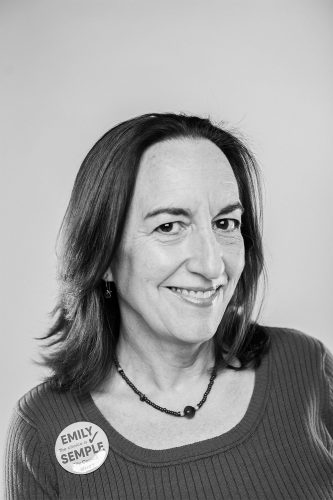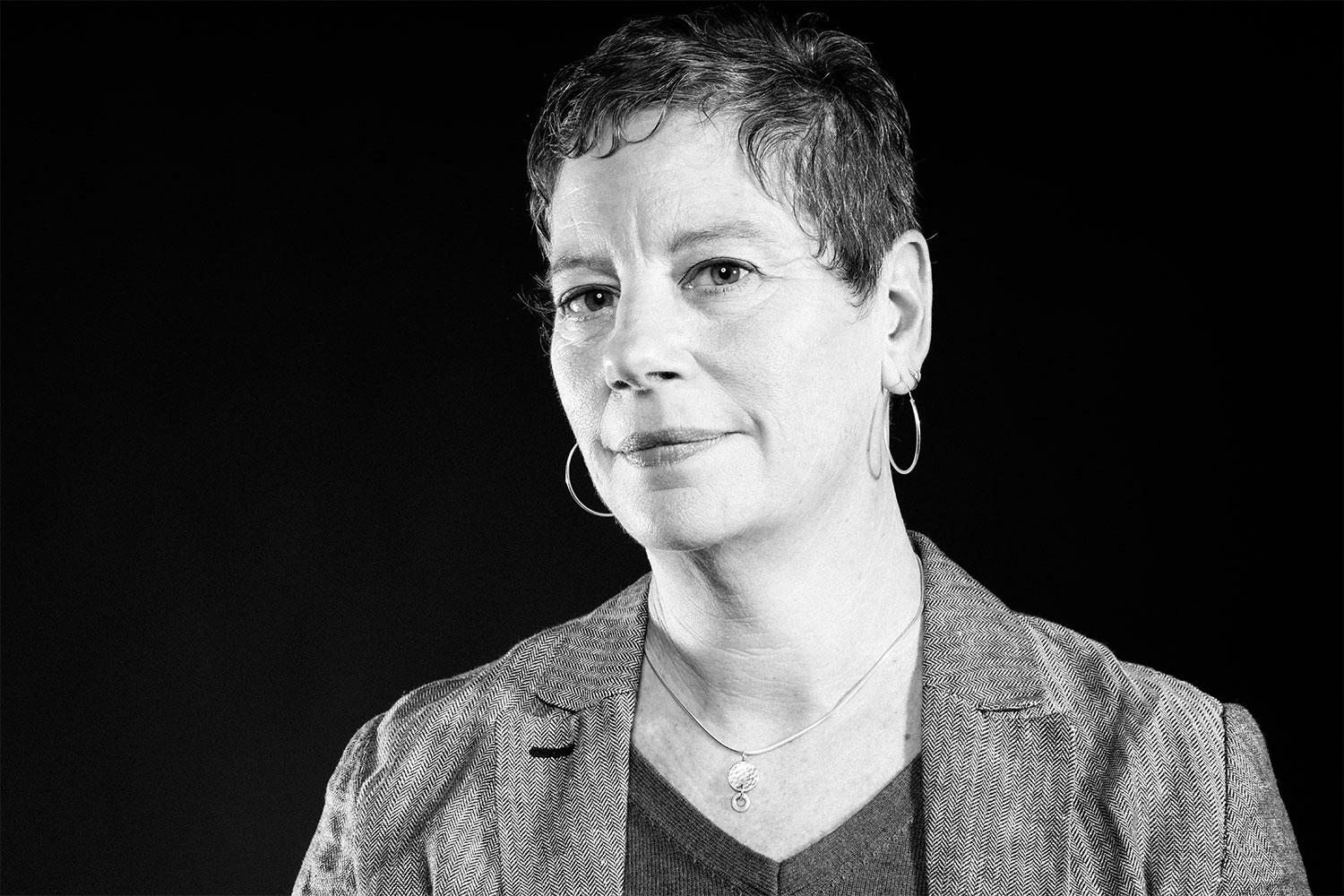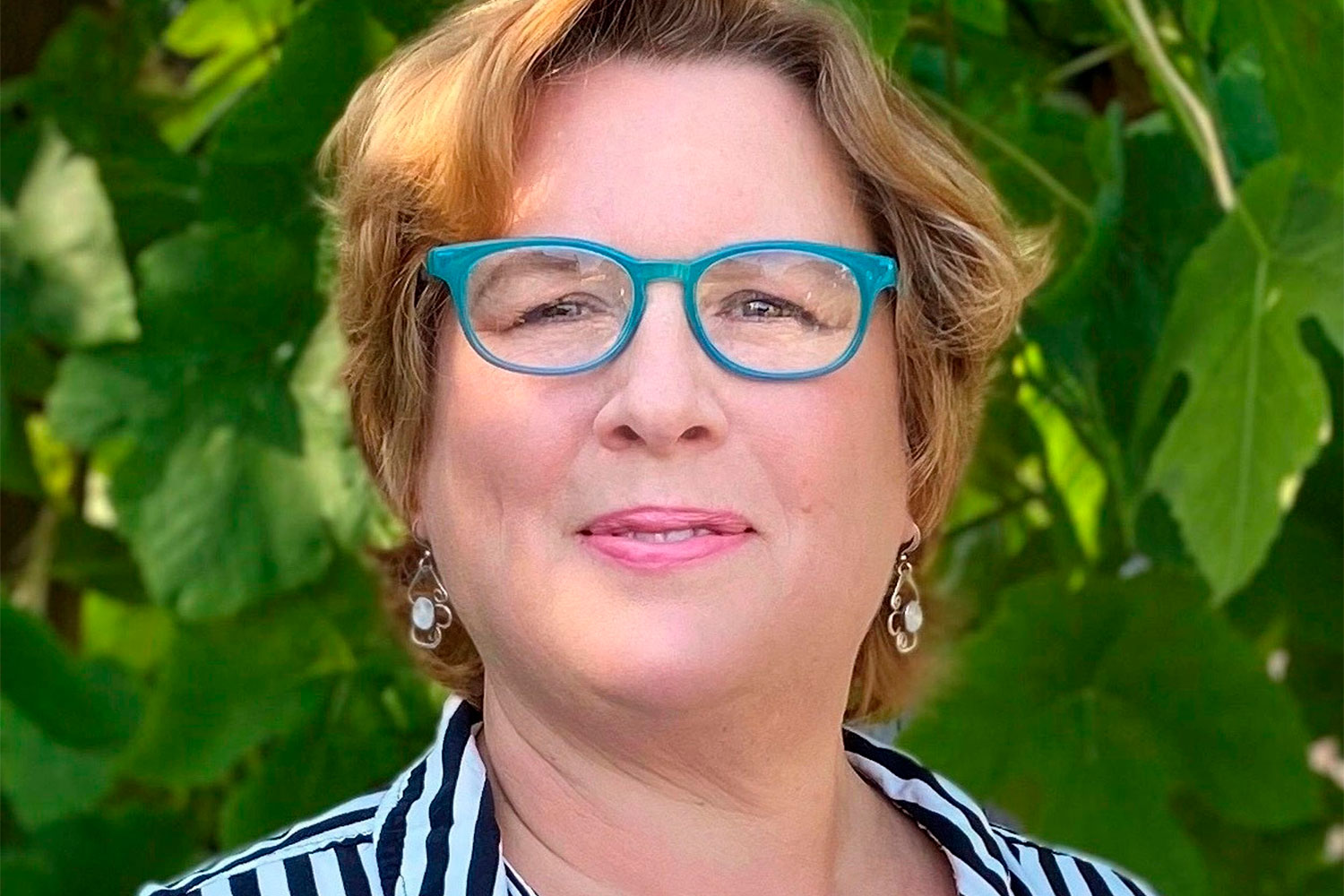
Eugene City Councilor Emily Semple was about to open a bottle of champagne to celebrate her re-election to represent Ward 1 when Eugene Weekly called.
At the end of election night, Semple had 58 percent of Ward 1’s support. She says she’s grateful to have the opportunity to make Eugene the happiest place to live.
While the race for the White House remains uncertain, races in Lane County and statewide were basically settled by 8 pm, Nov. 3. Winners of three races in Lane County say voters have given them the opportunity to tackle the area’s biggest challenges, like police reform and homelessness.
“I want people to have a place to sleep,” Semple says. “It’s what I’ve been working on, and people have asked me to keep working on it. That’s my main goal.”
Semple adds that she hopes to make serious progress on addressing homelessness in Eugene during her next term, as well as invite more people to the table to talk about how to make policing safe for communities of color.
With Pete Sorenson stepping down from the Lane County Board of County Commissioners after serving six terms, Laurie Trieger will be south Eugene’s next commissioner, having won about 53 percent of the vote, beating Joel Iboa, a person of color who ran on a platform that included addressing white supremacy in the county.
Trieger says she’s excited to approach problems in the county with a public health lens, particularly around homelessness, mental health and COVID-19 recovery. Trieger previously told EW that a public health lens means using data and evidence-based outcomes to measure success and dedicating resources where it’ll be most effective and greatest impact: on the most marginalized.
Trieger says over the next couple months she’ll reach out to current commissioners like Chair Heather Buch and Vice Chair Joe Berney so she can hit the ground running in January.
With uncertainty over who will be in the White House and whether the Democrats will take the Senate, Trieger says there are two scenarios for the board’s governing. If Republicans win, the job of the board will be to maintain a firewall of values to protect vulnerable communities. If Democrats win, it’s an opportunity to accelerate policies to tackle the area’s big issues, she says.
At the state level, turnout for the November election yielded a high turnout in the county: 82 percent. Oregon voters elected state Sen. Shemia Fagan to secretary of state and re-elected Attorney General Ellen Rosenblum and Treasurer Tobias Read. That means the state’s highest offices are all blue. However, state Democrats didn’t get enough seats in the Oregon Legislature to put the kibosh on Republican walkouts that derail legislative sessions.
Voters approved state measures on psilocybin treatment, decriminalizing drugs, increased taxes on tobacco products and a constitutional amendment on limiting campaign contributions. Eugene voters also overwhelmingly supported the library levy. County voters approved Measure 20-312, a permanent tax rate limit that helps fund efforts to improve water quality, protect drinking water, provide fire resiliency and more in the four upper Willamette watersheds.
Federally, Congressman Peter DeFazio defeated Republican challenger Alek Skarlatos, 51-46 percent.
In DeFazio’s hometown of Springfield, Kori Rodley defeated Johanis Tadeo. Although Tadeo would have been the first Latinx person to serve on Springfield’s City Council, Rodley says she will be the first out queer to serve on the Springfield City Council. It’s a big step for a city that voted to include anti-gay language in its city charter in the early 1990s.
Over the next four years, Rodley says she hopes to accomplish “good trouble” and serve the city with a different kind of leadership.
Although Rodley would normally start her term in January, at an Oct. 19 meeting city councilors pitched the idea of having the winner of that race serve in December to weigh in on appointing a new mayor. Former Mayor Christine Lundberg resigned in August. Council president Joe Pishioneri is serving as acting mayor and Councilor Marilee Woodrow is serving as acting council president.
At an Oct. 19 council meeting, outgoing Ward 3 Councilor Sheri Moore pitched the idea of appointing the winner of the Ward 3 race so they can participate in the mayoral appointment process. Should Moore resign early to let Rodley serve before the usual January swear-in date, Rodley says she would raise concerns regarding the council’s decision to appoint a new mayor from a pool of councilors and not from the community.
The council also started the process of implementing the “8 Can’t Wait” initiatives that former President Barack Obama urged police departments across the U.S. to adopt after the killing of George Floyd.
Rodley says the proposal is a mild police reform. The council needs to unpack policing and explore why the city has had so many lawsuits over police brutality, she says. Because councilors are all white and the city itself is pro-police, councilors should take on hard conversations about law enforcement, she adds.
“There is an assumption that how white people have experienced policing is how everyone experiences policing. There hasn’t been room to say, ‘You know what, different people are experiencing this differently, and depending on the color of your skin and your experiences, lived experiences, you’re experiencing policing in Springfield differently,’” she says. “That needs to be part of the conversation.”

